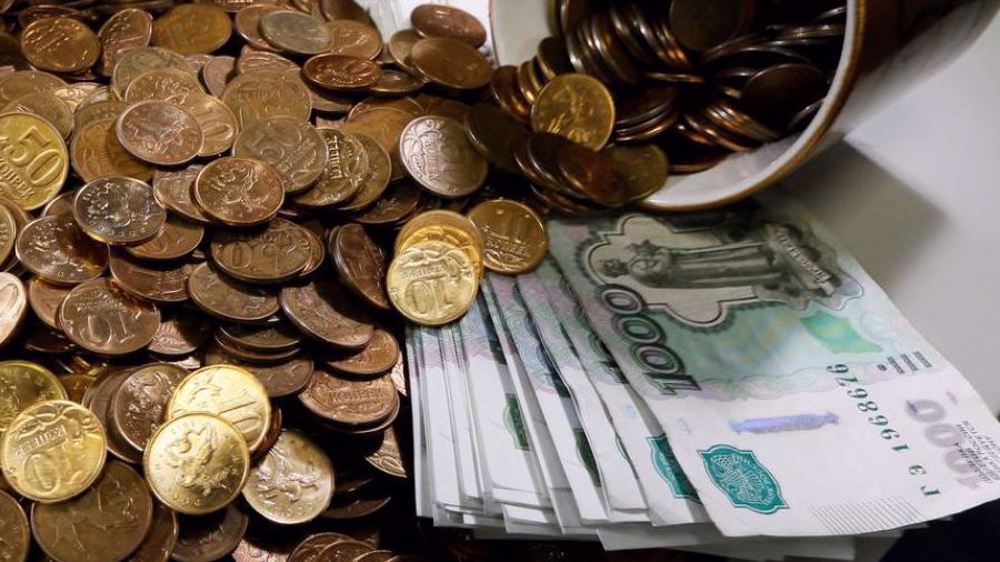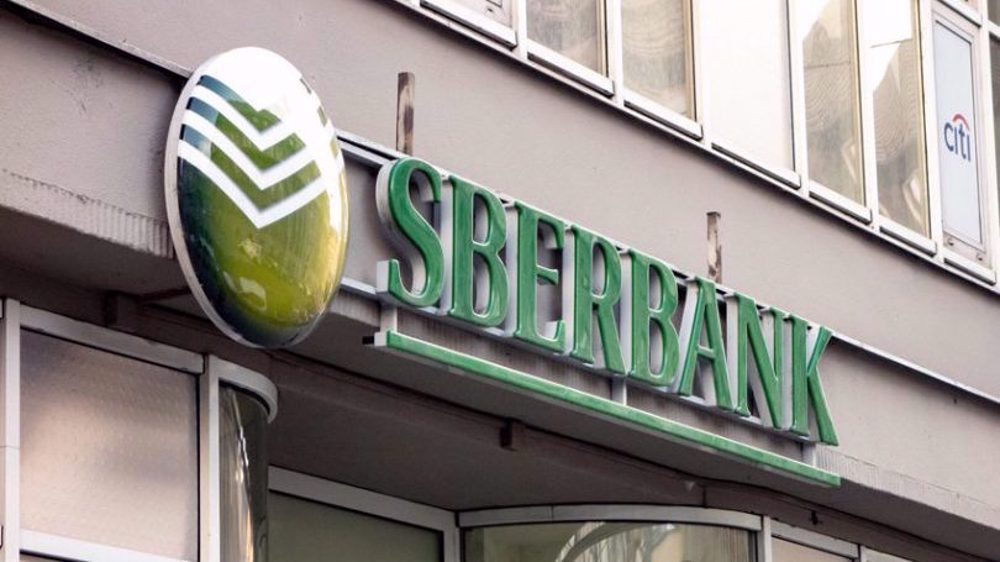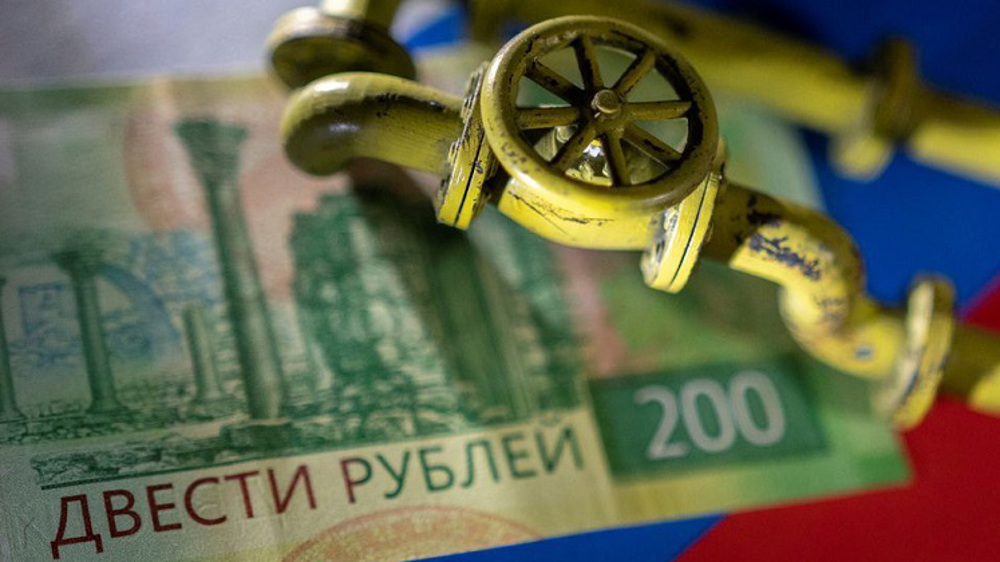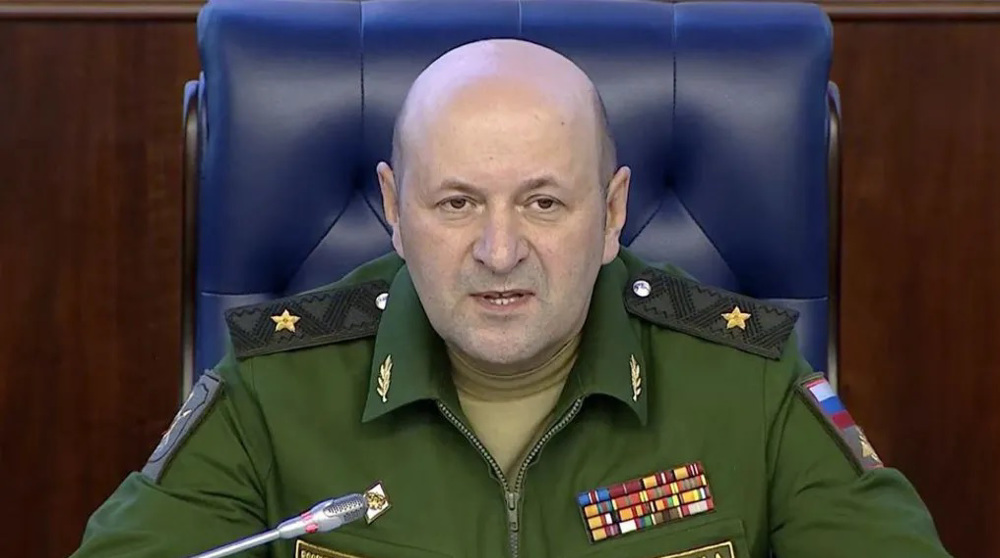Russia calls on BRICS members to integrate payment systems
Russia has called on members of the BRICS group of emerging economies to integrate their payment systems while using their national currencies for trade.
This comes as the West’s unprecedented anti-Moscow sanctions over the Ukraine conflict had cut some Russian banks off from the SWIFT interbank messaging and financial system.
Speaking at a meeting of ministers from the five-member BRICS group, namely, Brazil, Russia, India, China and South Africa on Saturday, Russian Minister of Finance Anton Siluanov said the economy of the globe had suffered greatly due to the sanctions.
The sanctions were not only damaging the world's economy, but also destroying the foundation of the existing international monetary and financial system which has been based on the US dollar, he added.
Siluanov said the current economic crisis necessitated a joint effort by BRICS to put in place exigency measures to control the damage and end the current global economic crisis.
"This pushes us to the need to speed up work in the following areas: the use of national currencies for export-import operations, the integration of payment systems and cards, our own financial messaging system and the creation of an independent BRICS rating agency," he said.
Siluanov insisted that the measures taken by the BRICS group members could end the global economic crisis because the recent downward trend in the economic situation was "man-made", implying that the global economy had been sabotaged by the West.
"The current crisis is man-made, and the BRICS countries have all necessary tools to mitigate its consequences for their economies and the global economy as a whole."
The Russian finance ministry said that the BRICS ministers at the meeting had confirmed the importance of launching a joint effort to alleviate the current economic crisis.
Russia's biggest international banks have lost access to the SWIFT global interbank messaging system used for wiring money between banks in countries, and the US-based Visa and MasterCard companies, the world's two largest payment card network processors, stopped their operations in Russia in early March.
The Russians, however, had already set up their own banking messaging system, known as SPFS, as an alternative to SWIFT. Russian card payment system, known as MIR, had started its banking services as early as 2015.
Both SPFS and MIR were part of Moscow's efforts to develop its own homegrown financial tools as an alternative to the West's financial tools, in order to do international business with other countries and safeguard the nation's economy against the enemies in case anti-Moscow sanctions were imposed and punitive measures were broadened by the West.
For years, Russia has been devising means to cut its dependency on the US dollar in international trade in commodities such gas and oil, and to replace it with other national currencies, in particular the Russian rouble.
During the same time, Moscow has been making preparations and insisting for payments to be made in the Russian currency, while also taking precautions to avoid being internationally isolated by other countries.
Meanwhile, Russia has developed its homegrown financial tools while seeking to topple the hegemony of the US dollar in order to strengthen and protect its economy against foreign sanctions aimed at coercing Moscow into submission against the West’s demands.
Russia was slapped with unprecedented Western sanctions after it launched its special operation in Ukraine on February 24 to secure its western borders against the West's continuous expansionist policy into Eastern Europe.
VIDEO | Yemen; a bone in Israeli neck
D-8’s role in Iran’s economy after Cairo summit
China slams US as ‘war-addicted’ threat to global security
China ‘firmly opposes’ US military aid to Taiwan
VIDEO | Press TV's News Headlines
President Yoon Suk Yeol to be removed from office
At least 19 Gazans killed by Israeli airstrikes since dawn: Medics
Leader: Iran neither has nor needs proxy forces














 This makes it easy to access the Press TV website
This makes it easy to access the Press TV website